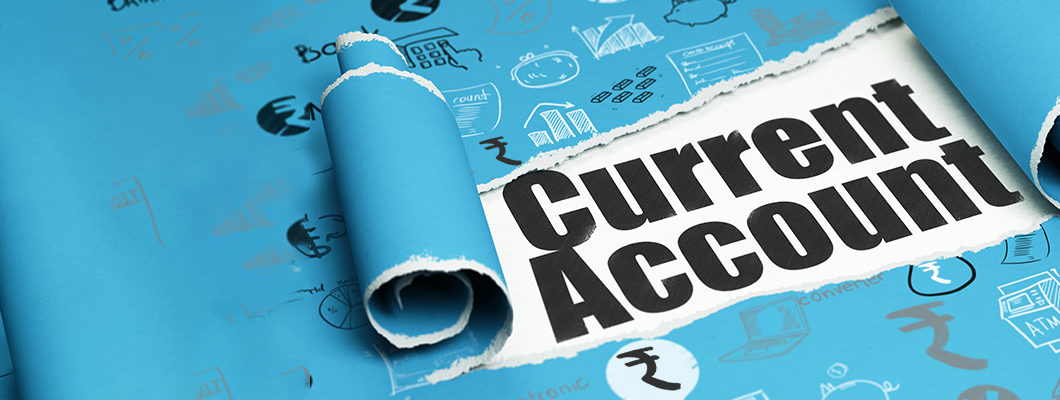Dos and don’ts of getting a Current Account

A Current Account is essential to your financial toolkit if you are a business owner or an individual looking to maintain a steady cash flow. This bank account helps you manage your finances, handle payments, and access various useful banking services. However, you must not open a Current Account with just about any bank that comes to your mind or make hasty decisions. Several things must be considered to avoid costly mistakes and make the most of your banking experience.
From choosing the right type of account to maintaining good account management practices, here are the most important do’s and don’ts of getting a Current Account.
Do’s
Research and compare your options
Consider banks that offer value-added services, such as overdraft facilities, debit cards, and mobile banking. Evaluate fees, transaction limits, interest rates (if the account comes with an ActivMoney facility), ATM usage outside the bank’s network, and additional services. Use online resources to compare Current Accounts and find one that aligns with your needs and usage patterns.
Make sure the account you choose provides user-friendly online banking, mobile apps, and other digital tools. These features can enhance your banking experience and simplify your finances.
Prepare necessary documents
Gather all the required Current Account opening documents beforehand. These typically include proof of identity, proof of address and, if applicable, business registration documents. Having these documents ready will streamline the account opening process so that you can start your banking activities promptly.
Understand overdraft facilities
When used responsibly, overdrafts can be extremely useful for managing temporary financial shortfalls or emergencies. Thus, understand the terms and conditions of overdraft facilities, along with the associated fees and charges. Also, not all Current Accounts offer the same overdraft terms, so compare your options and choose an account that aligns with your borrowing needs.
Opt for theActivMoney facility
Various types of Current Accounts come with the ActivMoney facility. This banking feature helps you earn interest on your Current Account balance. Any surplus funds above a predefined limit are automatically converted into a Fixed Deposit, where it earns FD-like interest. This approach effectively maximises your funds’ potential and creates a smart avenue for your idle funds to generate returns, even when it’s not actively being used.
Don’ts
Avoid unnecessary overdraft protection
While overdraft protection can be beneficial, don’t opt for it if you have a good track record of managing your account balance. Unnecessary overdraft protection might lead to additional fees that could be avoided with careful financial planning. The key is to choose overdraft protection if you truly need it and to assess your account balance regularly to avoid overspending and unnecessary fees.
Avoid excessive transactions with one Current Account
While Current Accounts offer the convenience of high transactions, avoid excessive use. Some banks impose transaction limits or charge fees for exceeding a certain number of transactions in a month. If you deal with a large volume of transactions, open more than one Current Account to distribute transactions, stay within limits, and avoid unnecessary charges.
Do not go for unnecessary account features
Some banks may offer additional features or add-ons with their Current Accounts, such as travel insurance or special discounts. While these features might seem appealing, evaluate whether you truly need them and whether they justify any associated fees. If you are unlikely to use these features frequently, you may choose a standard Current Account that doesn’t come with unnecessary costs.
Once you understand these do’s and don’ts, you can confidently open a Current Account online through various digital banking platforms. Remember to be mindful of your spending habits and practise responsible financial management.
